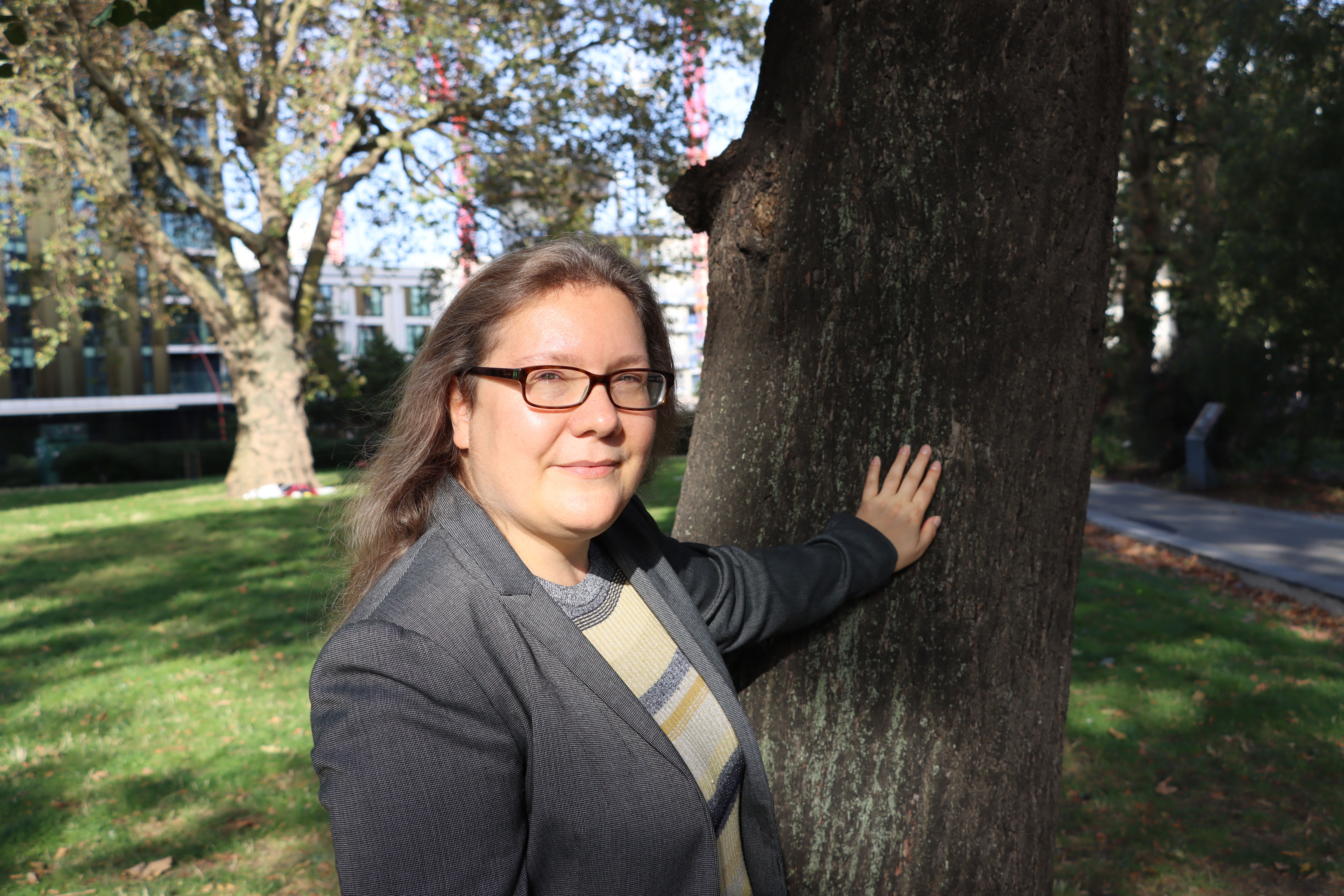Climate Action Plan profile: New course explores design for climate justice

- Written by

Noemi Sadowska, Programme Director Branding and Design Innovation at London College of Communication (LCC), spoke to us about the design of a new course which embeds the teaching principles for climate, racial and social justice into curriculum design and students learning journey as evidenced by course aims, content and learning outcomes.
Tell us about BA (Hons) Design for Climate Justice and what it’s trying to achieve.
The course draws on the disciplines of graphic design, illustration, data visualisation and interaction design, where students learn how to creatively respond to the climate emergency. The course invites students to explore the potential for design to have positive agency, using multiple global perspectives and voices, as well as nature-centred design approaches. We hope that this course helps change attitudes and practices in designing for climate justice and supports students in becoming industry changemakers.
What has been your biggest achievement and your biggest learning point in the last year?
Our biggest achievement has been to design a course that responds to the growing interest and commitment to embed ecological and social design practices in our pedagogical approach. This course responds to a need for rapid action on addressing the climate crisis.
Our biggest learning points have emerged from rich discussions. A lot of questions have been asked about which design practice the course will focus on, the motives for its launch and the meaning of climate justice. As a course team, we recognise our own position and privilege and consider how to reflect this in the course.
What are your hopes for the future of this initiative?
As the course is set to launch in September 2024, my hope is that the engagement and responses we receive from students will
help us to iterate and evolve it. Focusing on climate justice is a direct response to the need expressed by students for us to engage
more with the climate emergency, its impact on the planet and society, and the role of creative action.